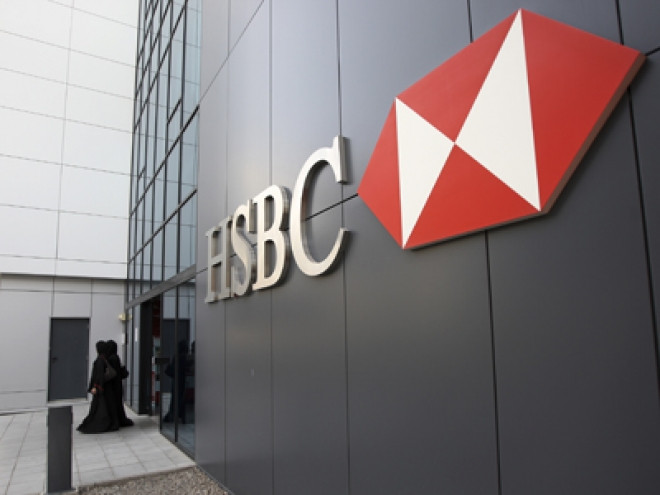Banking Group Suggests Anti-Money Laundering Regulation will Stymie Trade

The International Chamber of Commerce (ICC) has once again suggested that banks financing trade should be regulated less stringently than those involved in other areas of finance.
Having beaten the drum for banks' trade finance arms to be subjected to less drastic capital holding requirements, since it discourages them from lending to small businesses, the ICC has now claimed that "enforcement of anti-money laundering regulations" could result in banks cutting their lending for trade and exports.
In recent months and years, a number of high profile banks including BNP Paribas, Credit Suisse, HSBC and Standard Chartered have been slapped with huge fines for facilitating money laundering and terrorist financing.
The pressure to adhere to anti-money laundering (AML) standards, has resulted "in higher operational costs for trade and export finance business", says the ICC.
Banks have shored up their global banking networks, reviewing relationships with correspondent banks – overseas banks that facilitate trade in their local area on behalf of another, and usually larger bank – "with some of these banks terminating correspondent banking relationships with perceived outsized risk" related to AML and other regulatory developments.
Essentially, since correspondent banks allow financial institutions to finance trade in a country or region without having a physical presence on the ground, a trend towards terminating them could mean trade goes unfinanced.
The findings are expressed in the ICC Banking Commission's Trade Register, authored with the assistance of banks and advisory firms working in the trade space. They draw on statistics showing the relatively low risk profile trade finance loans have.
Using data submitted by member banks, the ICC found that across more than 4.5 million transactions, worth upwards of $2.4tn (£1.4tn, €1.75tn), trade finance has a default rate of around 0.02%, much lower than other forms of debt.
However, the report comes at a time in which trade-based money laundering is very much in the public eye. As well as the hefty fines doled out to global banks, work done by the research firm Global Financial Integrity (GFI) has detailed the scale of trade-based money laundering and the impact it has on the developing world.
In 2012, for example, the firm found that between 1970 and 2010, $870bn in illicit financial flows left Mexico, the majority of which left the country via trade-based money laundering.
Earlier this year, GFI found that in some African countries, double-digit GDP loss is experienced through trade-based money laundering, mainly through trade misinvoicing.
"The potential average annual tax loss from trade misinvoicing amounted to roughly 12.7% of Uganda's total government revenue over the years 2002-2011, followed by Ghana (11.0%), Mozambique (10.4%), Kenya (8.3%), and Tanzania (7.4%)," said the report.
A report by the UK's Financial Conduct Authority (FCA) last year also highlighted the risks of money laundering that are associated with trade finance.
The report found that "there was an inconsistent approach to risk assessment and only a few banks had conducted a specific trade finance money laundering risk assessment".
While the ICC's quest to have a staggered implementation of the Basel III accord – the legislation dictating the amount of capital reserves banks are required to hold – to reflect the low risk profile of trade transactions, the groundswell of public opinion around money laundering and corporate tax avoidance may make it more difficult to convince regulators of the validity of changing their practices.
© Copyright IBTimes 2024. All rights reserved.







